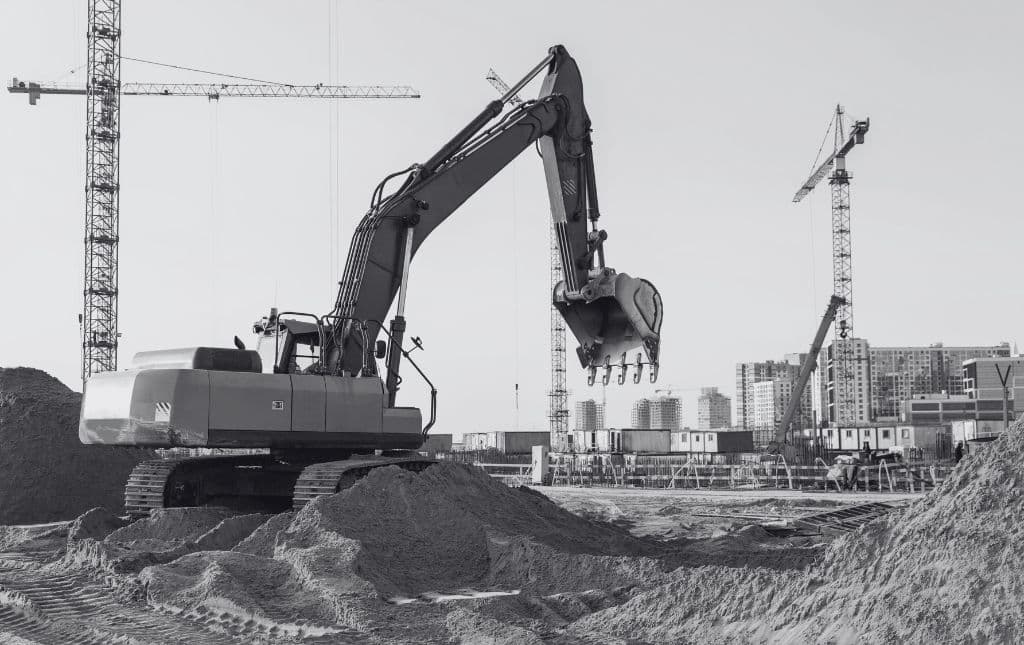In the fast-paced world of construction, delays and claims are all too common, presenting significant challenges for project owners, contractors, and stakeholders alike. However, with careful planning, proactive management, and strategic legal support, these obstacles can be effectively navigated, minimizing disruptions, and protecting the interests of all parties involved. In this, we’ll explore key strategies for managing construction delays and claims, helping you maintain project momentum.
1. Understanding Construction Delays and Claims:
-
- Construction delays can arise from various factors, including weather conditions, labor shortages, material shortages, design changes, and unforeseen site conditions.
- Construction claims typically involve disputes over schedule extensions, additional costs, defective work, change orders, and contract interpretation issues.
- It’s essential to understand the root causes of delays and claims to develop effective strategies for resolution and mitigation.
2. Proactive Contractual Measures:
-
- Drafting comprehensive contracts with clear provisions for handling delays and claims is essential for minimizing disputes and protecting the interests of all parties.
- Include clauses addressing notice requirements, documentation procedures, dispute resolution mechanisms, and allocation of risks and responsibilities.
- Anticipate potential delay scenarios and incorporate provisions for schedule adjustments, liquidated damages, and alternative dispute resolution methods such as mediation or arbitration.
3. Documentation and Record-Keeping:
-
- Thorough documentation is crucial for substantiating delay claims and defending against unwarranted claims.
- Maintain detailed records of project activities, including daily logs, progress reports, correspondence, change orders, and meeting minutes.
- Document the causes and impacts of delays meticulously, including any mitigation efforts undertaken to minimize their effects.
4. Early Identification and Mitigation:
-
- Implement proactive project management practices to identify potential delays early and take corrective action before they escalate.
- Establish effective communication channels among project stakeholders to facilitate timely resolution of issues and conflicts.
- Develop contingency plans and schedule buffers to mitigate the impact of foreseeable delays and minimize disruption to project timelines.
5. Strategic Legal Support:
-
- Engage experienced construction law attorneys to provide strategic guidance and legal representation in managing delays and resolving claims.
- Seek legal advice early in the process to assess rights and obligations under the contract, evaluate potential claims, and develop effective strategies for resolution.
- Leverage legal expertise to negotiate settlements, pursue alternative dispute resolution methods, or litigate claims when necessary to protect your interests.
6. Continuous Improvement and Lessons Learned:
-
- Conduct post-project reviews to identify lessons learned and areas for improvement in managing delays and claims.
- Implement best practices and process improvements based on feedback and experiences from past projects to enhance future performance and minimize the risk of recurrence.
By implementing these strategies for managing construction delays and claims, you can navigate the complexities of the construction industry with confidence and safeguard the success of your projects. For personalized legal guidance and support tailored to your specific needs, contact Stone & Bellus, PC today.
With extensive experience and a proven track record, our team of construction law attorneys in Dunwoody is here to guide you through the complexities of delays and claims. Call 770 390 9950 today for a consultation and let us help you achieve your project goals.




